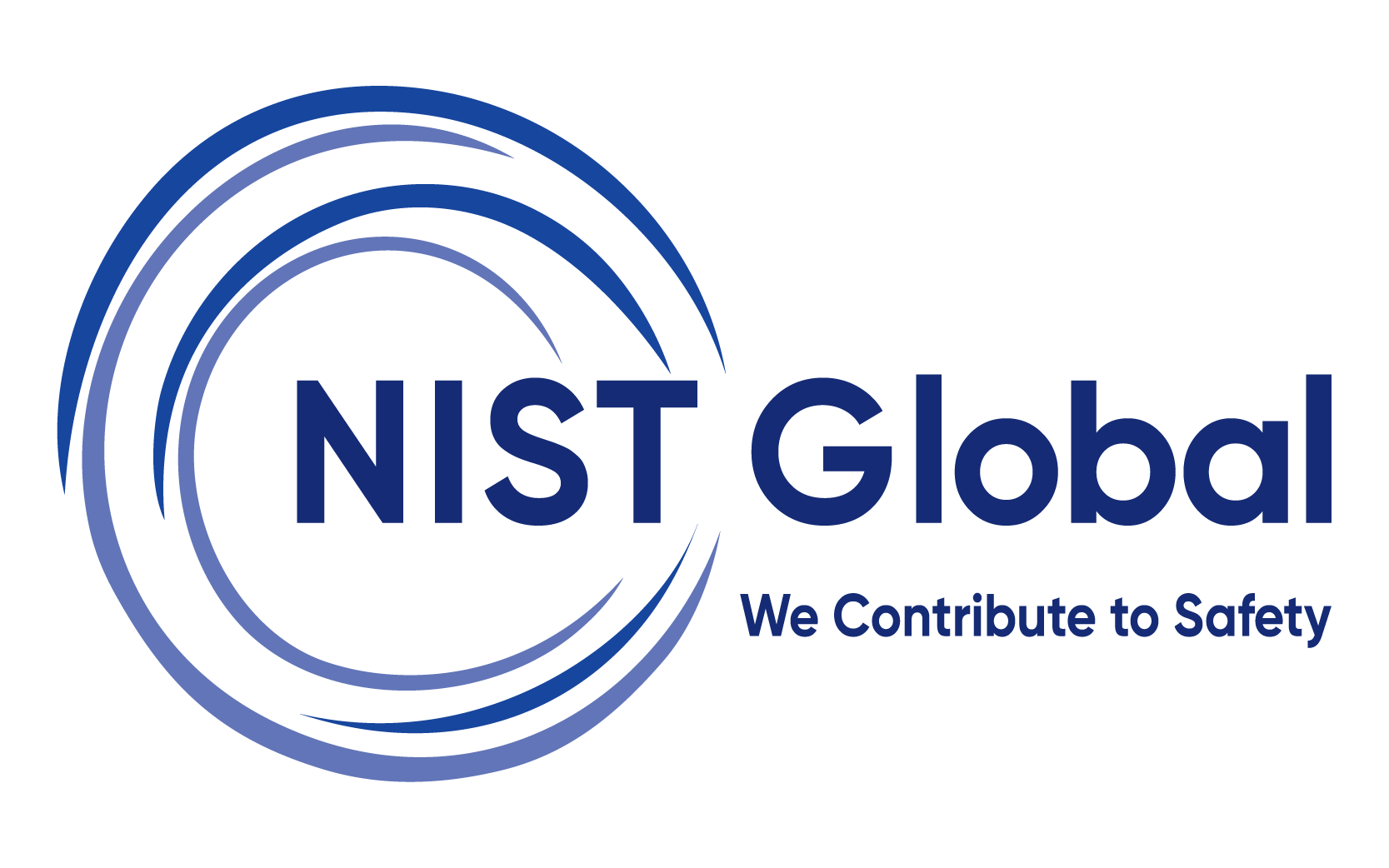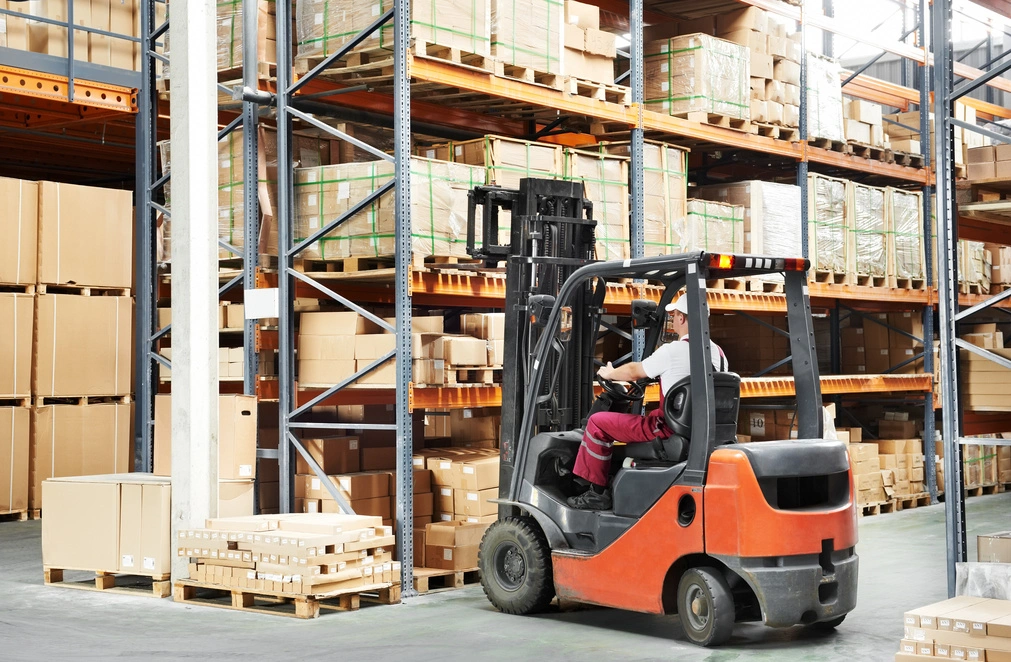Safe Operation Of Forklift
This course provides comprehensive training on the safe operation, inspection, and handling of forklifts in industrial, warehouse, and construction environments. It is designed to equip operators and supervisors with the knowledge and practical skills required to minimize risks, handle loads efficiently, and comply with safety regulations. Participants will learn about different types of forklifts, their components, safe manoeuvring techniques, load stability, hazard recognition, and emergency procedures. Emphasis is placed on daily inspections, speed control, blind spots, and safe practices in high-traffic or congested areas. The course also covers operator responsibilities as per OSHA, IS codes, and site-specific standards.
Safe Operation Of Forklift
Upon completion, learners will be better prepared to operate forklifts safely and confidently, reducing workplace incidents and improving operational efficiency.
-
Duration1 Day
-
Training ModeVirtual/Face to Face
-
LevelBasic/Intermediate
-
LanguageEnglish and other regional languages based on availability
-
Content CustomizationClient specific/Industry specific/Site specific
Why Should Employers Invest in this Training?
- Reduces Accidents & Injuries: Forklifts are a leading cause of workplace injuries. Training helps prevent tip-overs, collisions, and load mishandling incidents.
- Prevents Equipment Damage & Improves Efficiency: Trained operators handle forklifts more effectively, reducing load damage, fuel consumption, and time lost to poor manoeuvring.
- Ensures Legal & Regulatory Compliance: Aligns with statutory requirements under OSHA, IS codes, and local safety regulations protecting the organization from fines, audits, and liability, and site-specific HSE standards. Ensures a competent workforce, regulatory compliance, and a safer workplace.
- Reduce Equipment Damage & Repair Costs: Proper usage and daily inspections help extend the life of forklifts and minimize maintenance-related expenses.
- Boosts Workforce Morale & Safety Culture: Operators feel empowered and secure in their roles, knowing they are trained and supported in a safety-first culture.
Training Objective
The objective of this training is to provide participants with the essential knowledge and practical skills required to safely operate forklifts in various workplace settings, including warehouses, factories, construction sites, and loading docks. This course aims to build competency in pre-operation inspections, load handling, manoeuvring in confined spaces, hazard recognition, and emergency response procedures. Participants will learn how to prevent common forklift-related incidents such as tip-overs, collisions, and load spills by applying safe driving practices, proper stacking techniques, and adherence to site-specific rules and safety regulations. By the end of the training, learners will be equipped to perform forklift operations with confidence, efficiency, and full compliance with national safety standards and company policies.
Training Methodology
Instructor-led
Sessions
Case Study
Analysis
Hands-On
Practical
Knowledge
Checks
Final
Assessment
Virtual
Mode
How Will This Training Strengthen Workforce Readiness?
This training will significantly strengthen workforce readiness by preparing operators not only to operate machinery but to think critically, act safely, and respond effectively in real-time situations.
- Builds Operational Confidence - Trained forklift operators perform tasks with accuracy and assurance, reducing hesitation and unsafe improvisation.
- Enhances Risk Awareness and Decision Making - Sharpens hazard recognition skills and teaches operators how to assess load stability, weather conditions, and site risks—helping them to fewer near-misses and incidents.
- Improves Accountability &Team Coordination - Encourages operators to take ownership of their vehicles and tasks, while improving communication and coordination with ground staff.
- Reinforces Legal & Regulatory Preparedness - Ensures workforce readiness for audits, inspections, or compliance evaluations by demonstrating certified operator competence.
- Reinforces Knowledge and Compliance - Knowledge checks and compliance-focused content ensure that workers retain and apply safety protocols, inspection routines, and regulatory requirements consistently.
- Promotes Safety Culture - Empowers employees to take ownership of safety, speak up about hazards, and actively contribute to a safer, more resilient work environment.
Who Can Take This Course?
This course is suitable for a wide range of professionals involved in lifting operations, whether directly operate, supervise, or work around forklifts in industrial, construction, warehouse, and logistics environments. It is also recommended for
- Warehouse & Logistics Staff
- Loading/Unloading Crew
- Lifting Supervisors/Engineers
- Maintenance Personnel
Assessment
✅ Multiple Choice Questionnaire (MCQ)
Training Mode
Face to face training
Virtual training

